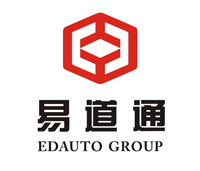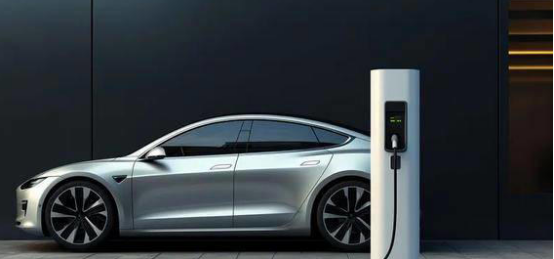The rapid development of the new energy vehicle market
With the global emphasis on environmental protection and sustainable development, the new energy vehicle (NEV) market is experiencing
unprecedented rapid growth. According to the latest market research report, global NEV sales are expected to exceed 15 million units in 2023, an increase of approximately 30% from 2022. This growth is driven not only by policy support and rising consumer environmental awareness, but also by continuous technological advancements.
Recently, well-known automakers such as Tesla and BYD have released
new electric models equipped with more efficient batteries and intelligent driver assistance systems. For example, BYD’s latest model incorporates its in-house developed “blade battery,” which not only increases energy density but also significantly improves safety and range. These technological advances are making new energy vehicles increasingly attractive in the market.
However, despite the promising market prospects, the widespread adoption of new energy vehicles (NEVs) still faces numerous challenges. Inadequate charging infrastructure, range anxiety, and consumer concerns about battery life and safety remain significant factors hindering market development. In particular, the lack of charging stations in some second- and third-tier cities has led many potential consumers to adopt a wait-and-see approach to purchasing NEVs.
Technological innovation and consumer education
In terms of technological innovation, battery technology for new energy vehicles is constantly evolving. Recently, several global battery manufacturers have announced progress in the development of solid-state batteries. Compared to traditional lithium batteries, solid-state batteries offer higher energy density and improved safety, and are expected to be commercially available within the next few years. This technological breakthrough is expected to address current battery life and safety issues, providing strong support for the widespread adoption of new energy vehicles.
At the same time, consumer education is crucial. Many consumers often lack sufficient understanding of battery health, charging methods, and the vehicle’s intelligent features when purchasing new energy vehicles. To enhance consumer awareness, automakers and dealers should strengthen publicity and education on new energy vehicles, helping consumers better understand their advantages and usage tips.
For example, many car owners are unaware that the battery’s health can be monitored in real time through the vehicle’s onboard system, allowing potential problems to be detected promptly. Furthermore, the use of fast charging technology requires consumers to understand the factors that influence it in order to obtain the best charging experience in practice.
The future of new energy vehicles is full of promise, but they also face both technological and market challenges. With continued technological advancements and increased consumer awareness, new energy vehicles are expected to occupy an even more important position in the future mobility market. Major automakers, policymakers, and consumers should work together to promote the popularization and development of new energy vehicles and contribute to the realization of sustainable green mobility.
Email:edautogroup@hotmail.com
Phone / WhatsApp:+8613299020000
Post time: Jul-31-2025



